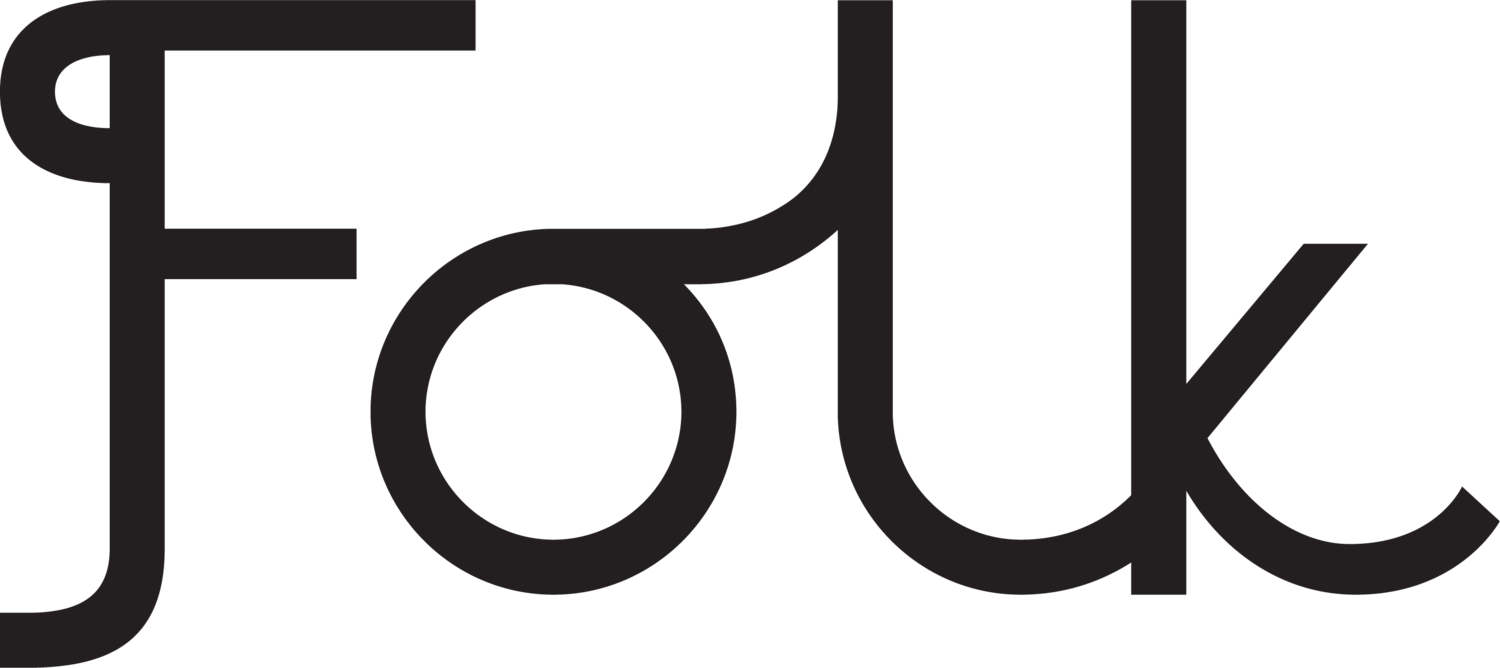It's often tough to accept a concept until it's put plainly and simply, so here it is: Industrialism is old hat. It used to be that businesses would build assets and use them to measure their growth and success.
(And lets' face it: That doesn't feel so great anyway, considering we're all about the tribe.)
But today, it's almost irrelevant - especially if you want and need your business to thrive in the future. Consider the following [1]:
- Über is the largest “taxi” company – yet they own no vehicles and excel at connecting riders with drivers. (Did you know: They booked almost $4 billion in fares in just the first half of last year. [2])
- AirBnB is the largest accommodation provider – yet they own no real estate. (Did you know: AirBnB, with a hard-earned initial investment, are now valued at $1 billion? [3] I reiterate the point about having ~0 assets.)
- Facebook is the largest media company – yet they create no content. (Did you know: Despite not making any of their own content, Facebook saw revenue streams of almost $6 billion in 2015, and now has almost 1.6 billion users worldwide. [4] That's almost a quarter of the world's population.)
- Crowdfunding businesses like Kickstarter and IndiGoGo are expected to surpass venture capital for funding in 2016 – yet they have no funds to invest. (Did you know: Kickstarter reached the $1 billion pledge milestone a couple of years ago. Check out this page for an awesome breakdown of how that looks.)
I don't think it's misplaced to say that these brands are the key to the future of their markets. It's pretty hard to imagine a competitor coming in using an old-school model and surpassing any of them, in any way.
We've said it before, we'll say it again: These success stories all put the consumer - their tribe - at the heart of everything. They each give the people who believe in them the power to take charge and do things their way, on their terms. This truly is the key to building a successful brand and business for this generation.
That said, there's a whole lot of friction from businesses when it comes to shifting the lens on this. Less so from start-up types, granted, but often people are so firmly rooted in place, that they find it impossible - personally, when talking to the board, and so on - to make change happen.
If you're suffering from this friction affliction, and you need a hand turning the ship, do get in touch: Our free Illumination Sessions are just the tonic. In two hours, either in person or via Skype, we shine a light on what it is you're trying to achieve. In that time we'll dig into your business context, project goals and critical success factors in order to discover the best method of connecting you with your tribe. Please click below to find out more.
Thanks for reading,
Folk
[1]. Ian Altman. (2015). Top 10 Business Trends That Will Drive Success In 2016. Available: http://www.forbes.com/sites/ianaltman/2015/12/01/top-10-business-trends-that-will-drive-success-in-2016/#39ed3e3e5571. Last accessed 5th May 2016.
[2]. Brian Solomon. (2016). Uber's financials show huge growth, even bigger losses. Available: http://www.forbes.com/sites/briansolomon/2016/01/12/leaked-ubers-financials-show-huge-growth-even-bigger-losses/#11624e9c5c99. Last accessed 5th May 2016.
[3]. Morgan Brown. (2015). AirBnB: The growth story you didn't know.Available: https://growthhackers.com/growth-studies/airbnb. Last accessed 5th May 2015.
[4]. Josh Constine. (2016). Facebook Climbs To 1.59 Billion Users And Crushes Q4 Estimates With $5.8B Revenue. Available: http://techcrunch.com/2016/01/27/facebook-earnings-q4-2015/. Last accessed 5th May 2016.


